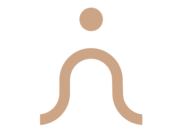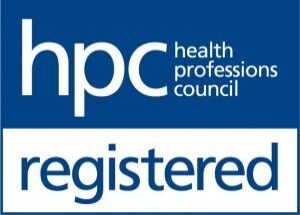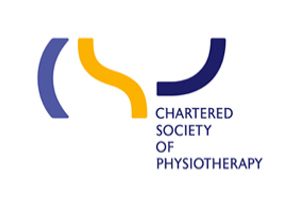Traumatic brain injury Physiotherapy in London and Essex
What is a Traumatic brain injury?
A traumatic brain injury happens when there is a sudden, external, physical assault that results in damage to the brain. This can vary in severity. A severe head injury requires immediate medical attention because there's a risk of serious brain damage.
What are common traumatic brain injury symptoms?
The symptoms of a mild traumatic brain injury, such as concussion, often fully resolve. Symptoms may include:
headache
nausea
dizziness
double vision
Symptoms of a severe brain head injury can include:
unconsciousness or difficulty staying awake
seizures
difficulty speaking
visual or hearing changes
vomiting
blood or clear fluid coming from the ears or nose
memory loss
swelling or bruising around the eyes or ears
difficulty with mobility
What are the main causes of a traumatic brain injury?
Traumatic brain injury usually results from a violent blow or jolt to the head or body. There are many incidents that can lead to an injury to the brain, these can include; road traffic accidents, assaults and falls. Also, an object that goes through brain tissue, such as a bullet or shattered piece of skull, would be classified as a traumatic brain injury.
What is the difference between acquired brain injury and traumatic brain injury?
An acquired brain injury is a term used to describe a brain injury which occurred since birth. This includes traumatic brain injury. An acquired brain injury also includes things such as tumour, stroke and encephalitis. Although the effects can be the same, treatment differs for each condition.
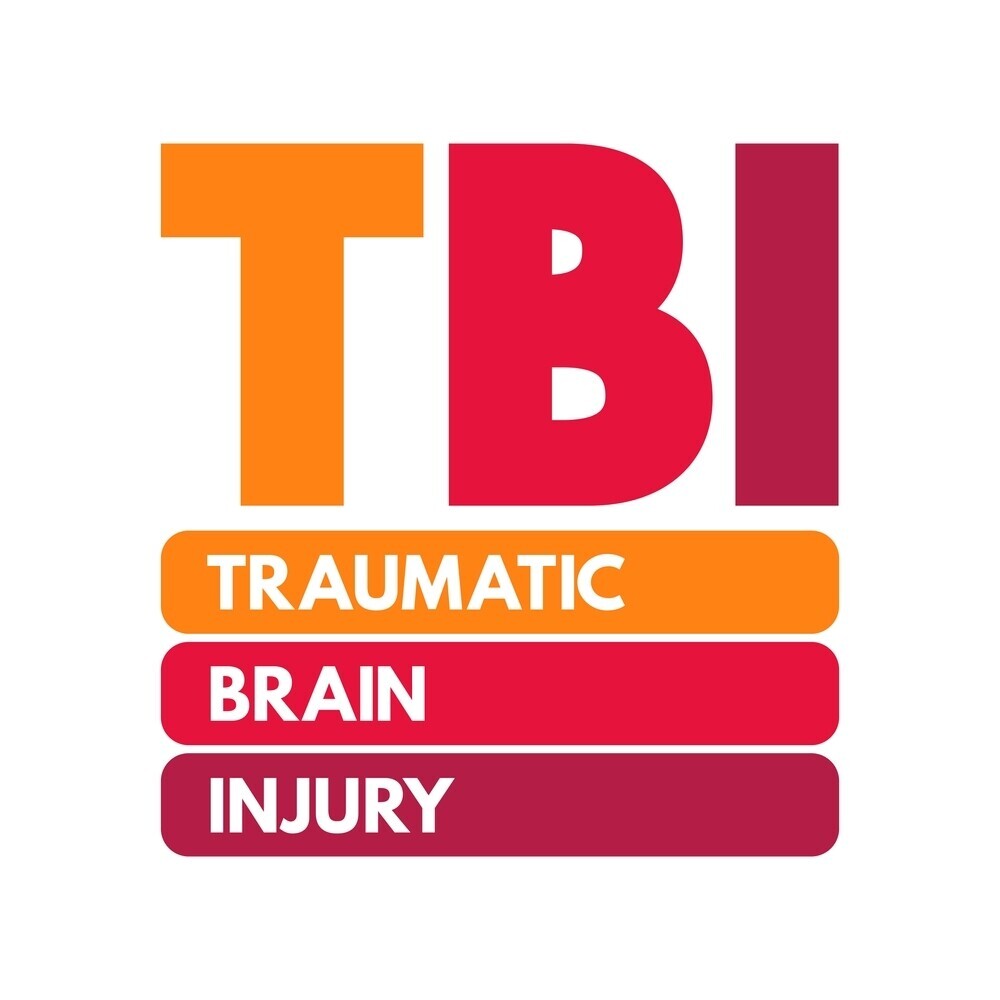
How do you diagnose a traumatic brain injury?
Often, the Glasgow Coma Scale (GCS) is used to assess a head injury. It identifies how serious your head injury is. This will be closely monitored if the brain injury is severe. You may also need a computerised tomography scan (CT scan).
How can I prevent a traumatic brain injury?
A traumatic brain injury is often not possible to predict but there are some things to reduce the risk:
Ensure wearing a seat belt in the car
Wear a helmet when cycling
Work with a healthcare team to reduce falls risk
Using safety equipment at work, for sport and DIY
Does traumatic brain injury affect behaviour?
Traumatic brain injuries can lead to significant changes in behaviour. Clients may not be able to regulate emotions and impulses. They may exhibit behaviours which include anger, impulsive behaviour and self-centeredness. Our Physiotherapists are skilled at working with a variety of clients with behavior changes. Simple changes such as the setting, a consistent schedule, familiarity and altering the amount of stimulation can make clients feel safe, secure and maximise their rehabilitation.
How can I recover from a traumatic brain injury?
Following a traumatic brain injury, Physiotherapy works as part of a healthcare team to help clients who are both conscious and unconscious. If clients are unconscious, therapists work to help enhance levels of consciousness, maintain bodily function, manage neuromusculosketetal problems and manage pain. If clients are conscious, Physiotherapists will help clients participate in activities meaningful to them.
Consistently practicing good quality movements, which has been made difficult by traumatic brain injury, helps reinforce the movement and promotes neuroplasticity. Neuroplasticity is a term someone with a traumatic brain injury will hear throughout their journey, it refers to the brain's ability to change through growth and reorganisation. There is a general consensus that it takes thousands of repetitions to improve movement, our therapists will educate you and find ways with you to build your practice into your everyday life and routine.
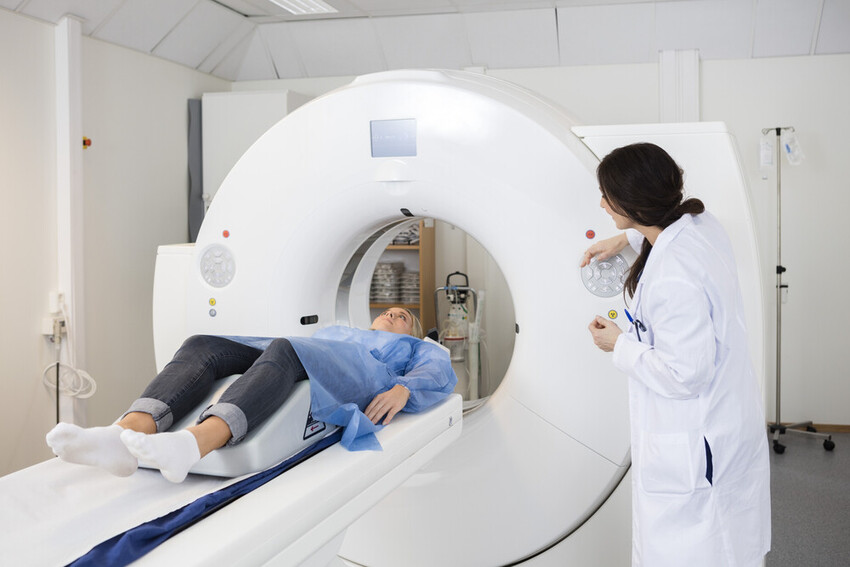
What if I need private Physiotherapy in my own home?
Physiotherapy for a traumatic brain injury, will vary for each individual. At Estuary Physio, our Physiotherapists will continuously evaluate and reassess throughout your sessions, to ensure the programme is bespoke and effective for you.
Treatment following a traumatic brain injury may include: Vestibular training, oedema management, scar management, hydrotherapy, functional practice, stretching, exercise prescription, chest clearance techniques, fatigue management, functional electrical stimulation and gait re-education. Early rehabilitation is key.
Will I benefit from Physiotherapy?
After a traumatic brain injury, a team of professionals in hospital will make a recommendation as to which healthcare professionals would be beneficial for recovery.
Clients and their family may also find it motivating to read traumatic brain injury clients stories.
Booking an Appointment
If you would like to find out more about Estuary Physios traumatic brain injury service, please get in touch with us today and speak with one of our clinicians.
Helpful resources:
https://www.nice.org.uk/guidance/ng211/chapter/Recommendations#physical-rehabilitation
https://www.headway.org.uk
https://www.csp.org.uk/publications/get-go-guide-staying-steady-english-version
Medical Review
The information on this page has been reviewed for accuracy by Barry Ford BSc MCSP, Physiotherapist
Other conditions we treat:
We understand that our clients often have a range of medical conditions. Our therapists have a broad range of backgrounds. For example, following a traumatic brain injury, clients may find that they are struggling with breathing after having a tracheostomy. We have specialist respiratory therapists who can work alongside a Neurology Physiotherapist to get the best results. Here are some other conditions we treat here at Estuary Physio:
https://www.estuaryphysio.com/services/chest-and-breathing


